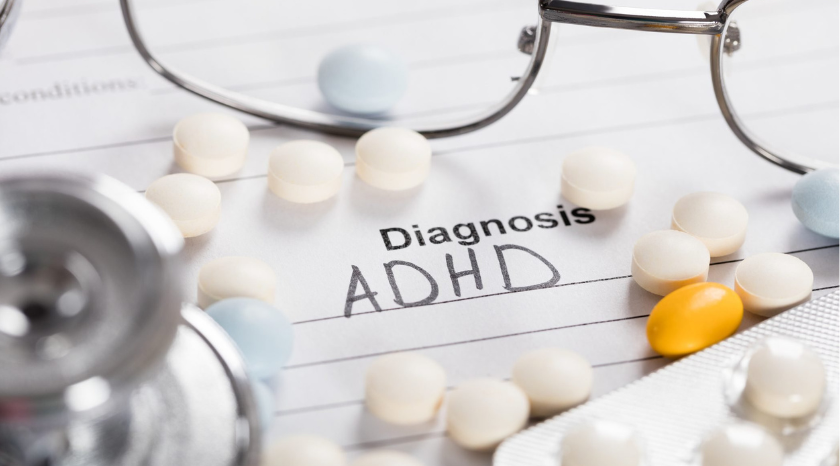
ADHD Medication
Attention Deficit Hyperactivity Disorder (ADHD Medication) is a neurodevelopmental condition that affects millions of individuals worldwide. Characterized by difficulties in focusing, impulsivity, and hyperactivity, ADHD can significantly impact one’s daily life and relationships. Fortunately, there are effective treatment options available, and medication is often a crucial part of managing ADHD. In this comprehensive guide, we’ll delve into the world of ADHD medication, helping you understand what you need to know to make informed decisions about treatment.
Understanding ADHD Medication: The Basics
ADHD medication aims to address the underlying neurochemical imbalances in the brain, improving focus, impulse control, and overall cognitive function. Two main types of medications are commonly prescribed for ADHD: stimulants and non-stimulants.
Stimulant Medications
Stimulant medications are the most commonly prescribed treatment for ADHD. They work by increasing the levels of certain neurotransmitters, such as dopamine and norepinephrine, which play a key role in regulating attention and behavior. Common stimulant medications include methylphenidate-based drugs (e.g., Ritalin, Concerta) and amphetamine-based drugs (e.g., buy Adderall online,buy Vyvanse online).
Non-Stimulant Medications
Non-stimulant medications are often considered when stimulants are not effective or cause undesirable side effects. These medications work differently from stimulants and may include options like atomoxetine (Strattera), guanfacine (Intuniv), and clonidine (Kapvay).
Factors to Consider Before Starting Medication
Before beginning ADHD medication, it’s crucial to have a thorough evaluation by a qualified healthcare professional. Factors such as medical history, current health conditions, and potential drug interactions need to be considered. Additionally, the healthcare provider will determine the appropriate medication, dosage, and treatment plan based on the individual’s unique needs.
Benefits and Potential Side Effects
ADHD medication can provide significant benefits, including improved focus, reduced impulsivity, and enhanced executive functioning. Many individuals report better academic and occupational performance, as well as improved social relationships. However, like any medication, ADHD drugs may come with potential side effects. Common side effects can include sleep disturbances, decreased appetite, and increased heart rate. These side effects are usually temporary and tend to diminish as the body adjusts to the medication.
Monitoring and Adjusting Treatment
Regular monitoring is crucial when starting ADHD medication. Healthcare professionals will closely track the individual’s progress and assess any changes in symptoms or side effects. Adjustments to the dosage or type of medication may be necessary to achieve the optimal balance between symptom management and side effect mitigation.
Complementary Therapies and Lifestyle Changes
While medication can be an essential tool in managing ADHD, it’s important to recognize that it’s not the only solution. Complementary therapies such as behavioral therapy, counseling, and educational interventions can enhance the effectiveness of medication. Additionally, adopting a healthy lifestyle with proper nutrition, regular exercise, and sufficient sleep can positively impact ADHD symptoms.
Individualized Approach to Treatment
Every individual’s experience with ADHD is unique, which is why a personalized treatment plan is essential. Medication effectiveness can vary from person to person, and finding the right medication and dosage may require patience and collaboration between the individual, their healthcare provider, and their support network.
Conclusion
Understanding ADHD medication is a vital step towards managing this complex condition effectively. Medication can provide valuable support in mitigating symptoms and improving overall quality of life. However, it’s important to approach treatment holistically, considering a combination of medication, complementary therapies, and lifestyle changes to achieve the best results. If you or a loved one is considering ADHD medication, consult a medical professional to discuss the options available and create a tailored plan that addresses individual needs and goals. Remember, with the right information and support, managing ADHD is possible, and individuals can thrive and reach their full potential.
